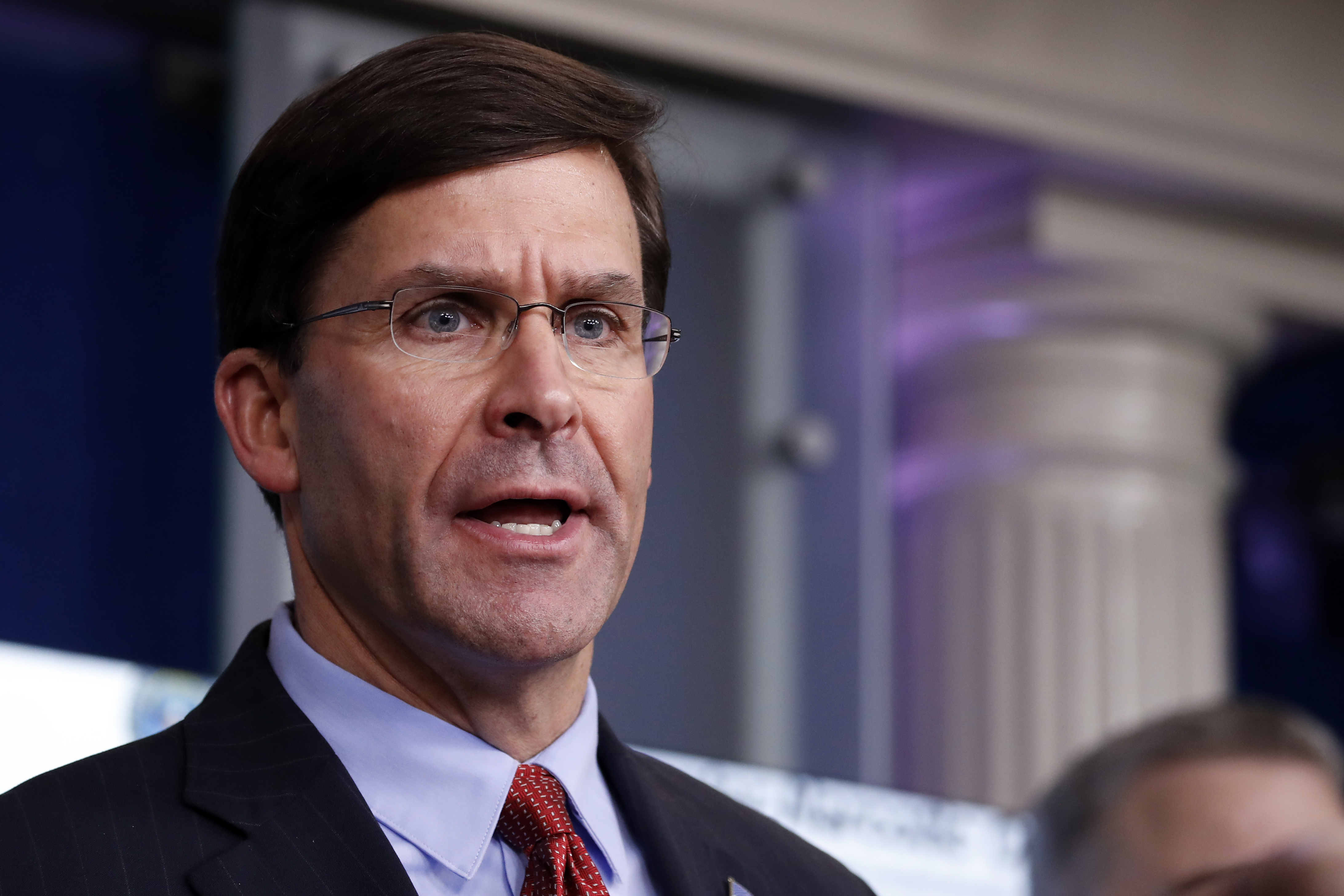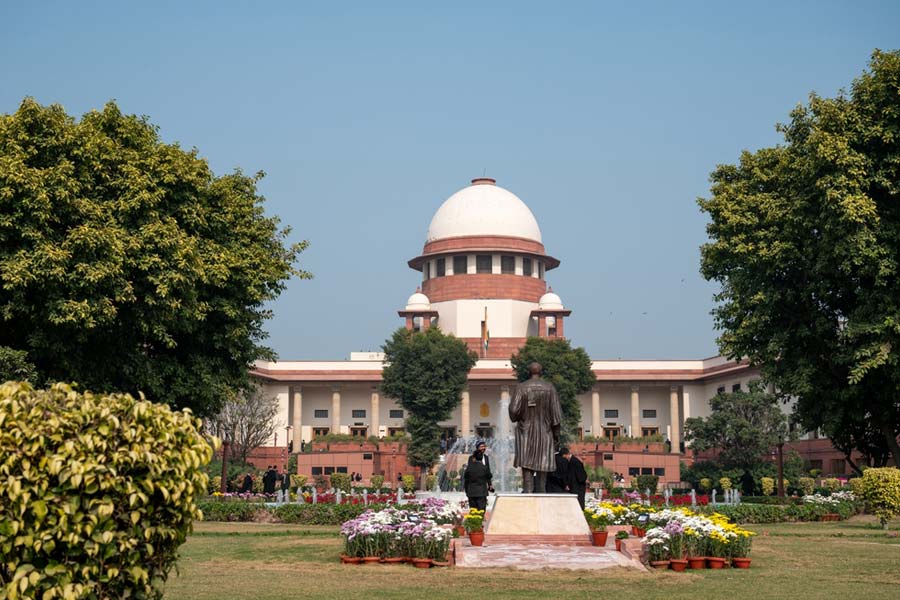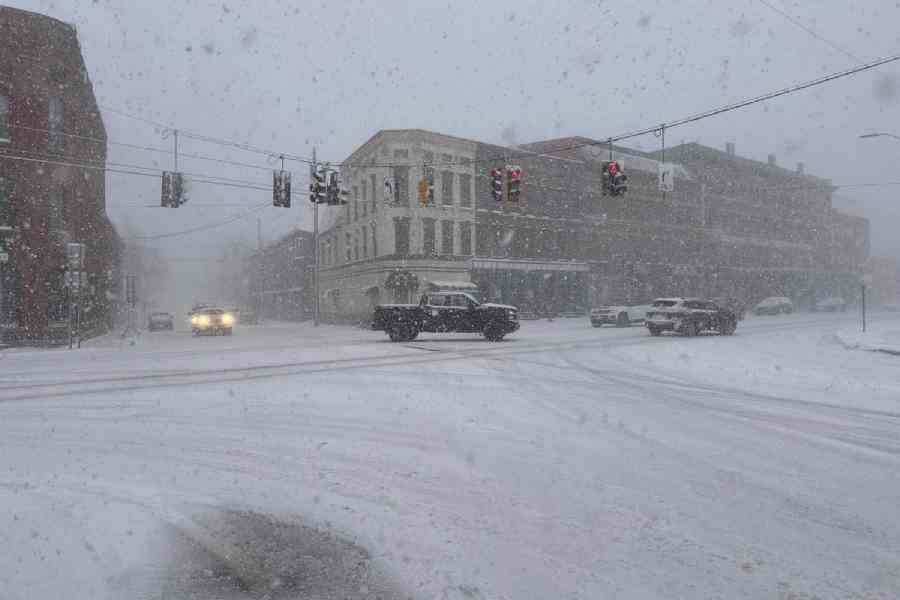US defence secretary Mark Esper said on Wednesday he opposes use of Insurrection Act, which would allow President Donald Trump to use active-duty forces for law enforcement duties.
Speaking to reporters at the Pentagon, Esper said active-duty troops in a law enforcement role should be used in the US “only in the most urgent and dire of situations”, adding, “We are not in one of those situations now.”
Use of the Insurrection Act has been discussed as Trump has talked about using the military to quell violent protests in US cities.
President Trump on Wednesday took credit for a massive deployment of National Guard troops and federal law enforcement officers to the nation’s capital, saying it offered a model to states on how to quell protests nationwide.
Trump argued that the massive show of force was responsible for protests in Washington and other cities turning more calm in recent days and repeated his criticism of governors who have not deployed their National Guard to the fullest.
It was a striking contrast to the harsh crackdowns outside the White House on Monday night, advocated by the President who wanted to make the aggressive action in the nation’s capital an example for the rest of the country, a senior White House official said on Tuesday. “You have to have a dominant force,” Trump told Fox New Radio on Wednesday. “We need law and order.”
He quickly pivoted to the politics of the moment, adding, “You notice that all of these places that have problems, they’re not run by Republicans. They’re run by liberal Democrats.”
The defence department has drafted contingency plans for deploying active-duty military if needed. Pentagon documents reviewed by The Associated Press showed plans for soldiers from an army division to protect the White House and other federal buildings if the security situation in the nation’s capital were to deteriorate and the National Guard could not secure the facilities.
But interest in exerting that extraordinary federal authority appeared to be waning in the White House. Though the crackdown on the Washington demonstrations was praised by some Trump supporters on Tuesday, a handful of Republicans expressed concern that law enforcement officers risked violating the protesters’ First Amendment rights.
Trump’s defence secretary also distanced himself from Trump’s decision to walk across Lafayette Park for a photo opportunity at a church after the demonstrators had been cleared.
Esper, who walked with Trump to St John’s Church on Monday evening, insisted he did not know the President’s destination. “I didn’t know where I was going,” Esper told NBC News. He said he had expected to view damage to a bathroom facility that had been vandalised in Lafayette Park, across from the White House, and talk with National Guard troops positioned there.
Protests have sprung up following the death of George Floyd, a black man who died after a white Minneapolis police officer pinned him down and pressed Floyd’s neck with his knee. Violent demonstrations have raged in scores of American cities, a level of unrest unseen for decades.
The situation in Washington escalated on Monday, becoming a potent symbol of Trump’s policing tactics.











